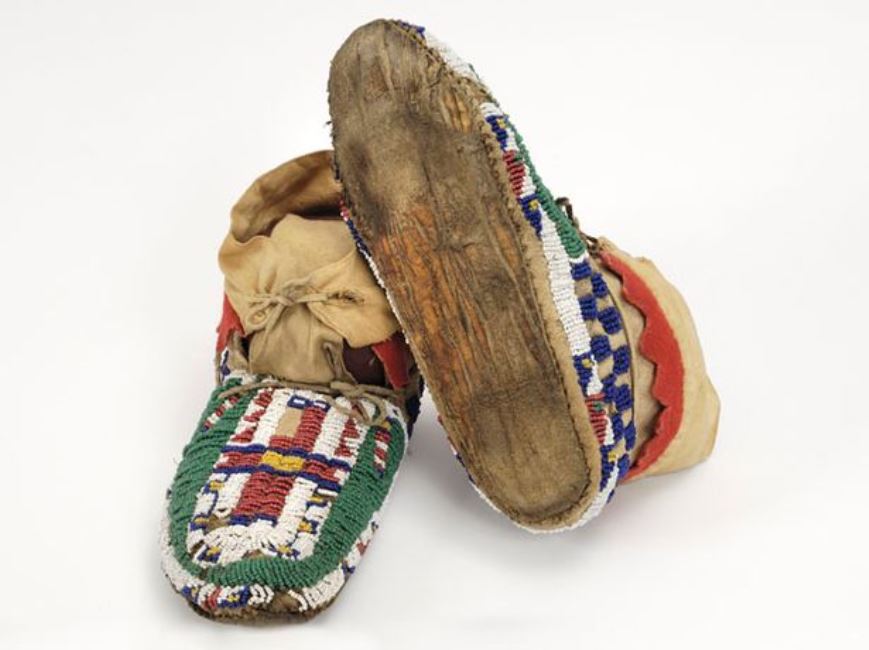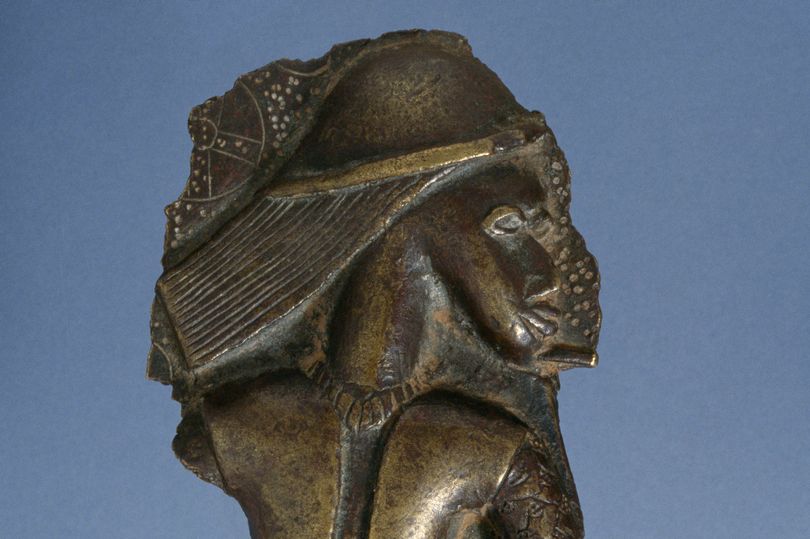Glasgow to return looted items to India, Nigeria and representatives of massacred Lakota people in South Dakota, USA heralding the largest-ever repatriation of cultural artefacts. Rebecca Atkinson writes in the Museum's Association that Glasgow City Council has voted to return a number of cultural artefacts from its museum collections.
This includes the repatriation of seven Indian antiquities, in a move which is the first of its kind from a UK museum. Six of the artefacts were stolen from Hindu temples and shrines during the 19th century, while the seventh was illegally purchased, sold and smuggled out of India. All seven items were subsequently gifted to the city’s museum collection.
The council has also agreed to return 17 bronze Benin artefacts to Nigeria, having established that the objects were taken from ancestral altars at the Royal Court of Benin during the British Punitive Expedition of 1897.
As well as the repatriation of 25 Lakota cultural items that were sold and donated to the city’s museum collection by George Crager in 1892. Some of these items were taken from the Wounded Knee Massacre site following the battle in December 1890, some were personal items belonging to named ancestors, and the remainder are ceremonial items, all of which represent the belief, history and values of the Oceti Sakowin.
“The return of these objects from Glasgow Life Museums’ collection to their rightful owners represents the largest-ever repatriation of cultural artefacts from a Scottish museum and is a significant moment for our city – specifically, the repatriation of seven Indian antiquities is the first of its kind to India from a UK museum,” said Duncan Dornan, the head of museums and collections at Glasgow Life.
“By addressing past wrongs, we believe these returns will, in a small way, help these descendant communities to heal some of the wounds represented by the wrongful removal of their cultural artefacts, and lead to the development of positive and constructive relationships between Glasgow and communities around the world.”

